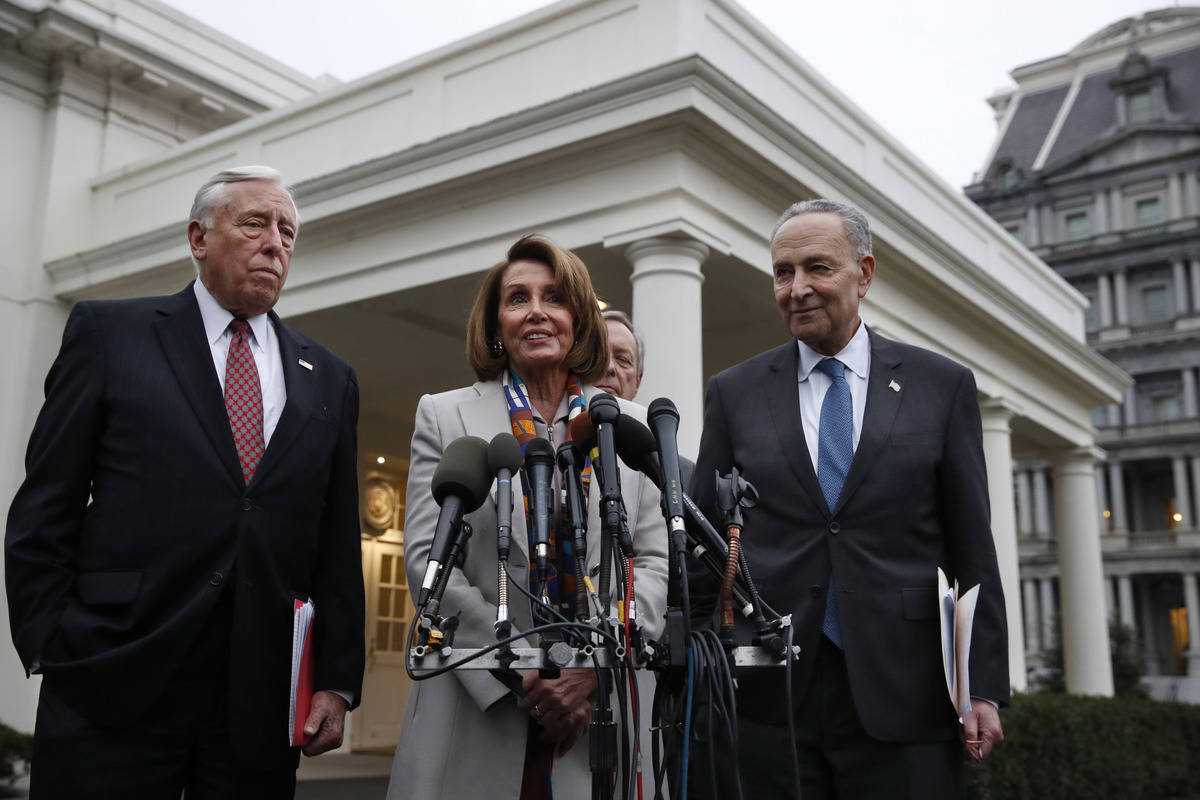EDITORIAL: Congressional Democrats bring back earmarks
Apparently, the swamp isn’t swampy enough. Congressional Democrats are bringing back earmarks.
House Majority Leader Steny Hoyer recently announced that earmarks are making a comeback, according to Politico. That’s the term used for the pork that occurs when members of Congress direct money to their pet projects to win votes back home.
It’s true that the House controls the purse strings. Yet for years earmarks came to symbolize the inevitable waste that occurred when members funneled tax money to district-specific projects as an incumbent protection device. Think: the infamous Bridge to Nowhere in Alaska.
Another use of earmarks was to incentivize someone to vote for something they otherwise would have opposed. Leadership could dangle an important in-district project in return for support on an unrelated issue. In another context, that might be called a quid pro quo.
The bottom line is that earmarks often led to projects being funded based on political considerations rather than legitimate policy priorities. They also diverted federal money away from more pressing priorities to projects that should have been funded on the local or state level. It’s how taxpayers in Nevada were forced to fund the Lawrence Welk museum in North Dakota.
This unseemly sausage making wasn’t even the worst outcome.
Members of Congress from both parties have been caught using earmarks for personal gain. Some took kickbacks to secure certain projects. Other used earmarks to benefit their personal property. The most high-profile earmark scandal probably involved former-Rep. Randall “Duke” Cunningham, the California Republican and former Vietnam fighter pilot who pleaded guilty to taking bribes and went to prison.
In 2011, House Republicans put an end to earmarks after they swept to power. But powerful Democrats in the House and Senate intend to revive the practice. This time they claim safeguards will prevent abuses. Sure.
The House Appropriations Committee is laying down new rules for the funding requests. There will be a cap of 10 requests per member. In addition, members must certify the project in question won’t benefit them financially and provide evidence of community backing. They also want to keep money from going to projects connected to family members and for-profit groups.
That all sounds nice, but it’s hard to imagine the restrictions being much of a barrier. In the Beltway, the lust to spend other people’s money on job security is far too great.
The GOP House Freedom Caucus opposes the revival of earmarks. But other Republicans are open to it. That’s unfortunate and highlights how self-preservation is a bipartisan trait. It also reinforces the fact that fiscal sanity has left the building in Washington.

















